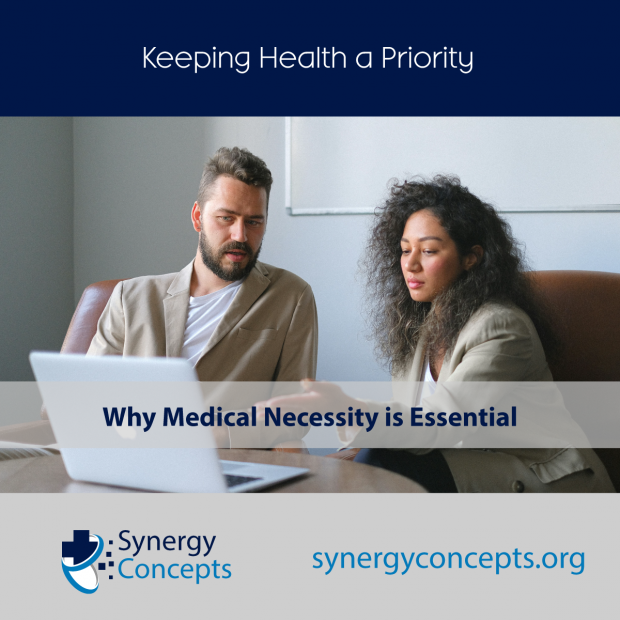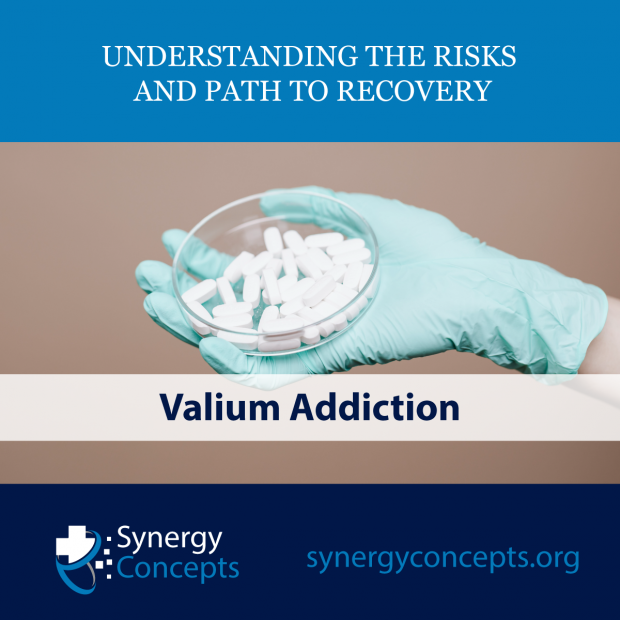Treatment centers must do everything they can to ensure patients are receiving the care they need, while also verifying that it can be obtained properly and legally. The best way to do that, if the appropriate units of care are being denied, is by appealing with medical necessity.
Defining Medical Necessity
First things first, let’s understand what medical necessity means. In simple terms, medical necessity refers to healthcare services or treatments that are deemed essential for the diagnosis, prevention, or treatment of a medical condition. It helps ensure that individuals receive appropriate and effective care, tailored to their specific needs.
Accurate Data Collection
The primary concern for most facilities is to ensure patients receive the treatment they need, every step of the way. Unfortunately, all too often insurance companies won’t provide enough care units to start those in recovery off on the right foot. For example, a facility may think five units of detox are necessary when a patient is first admitted, but the payer will only provide three units, in addition to 10 units of PHP care to begin post-detox. In these instances, treatment centers will often provide the five care units of detox they believe the patient requires, regardless of the amount the insurance company granted. The center will then bill the two extra days of detox they provided to the lower level of care (in this case, PHP), which costs the payer less.
While this dedication to care is admirable, one of the drawbacks of this practice is it creates the very data that makes payers believe they’ve approved the right amount in the first place. Many facilities blame insurance companies for not giving them the care units they need, but these same facilities are also providing them with faulty data that makes it appear, on paper, that they’re getting exactly what’s needed to treat a patient. It’s a vicious cycle that can only be broken by tenaciously appealing for medical necessity upon denial.
Here are six important factors that should be considered when thinking about appealing:
- Remain in Compliance
- Ensuring Quality Care
- Controlling Healthcare Costs
- Promoting Patient Safety
- Enhancing Health Outcomes
- Collaborative Decision-making
1. Remain In Compliance
Another problem to consider when engaging with this practice: is how can facilities possibly build an integrated electronic health record when they’re committing insurance fraud. Because make no mistake, that’s what they’re doing in this situation. If addiction recovery treatment centers aren’t providing the care they say they are, how will payers ever know what does or doesn’t work?
Some treatment centers may argue they’re not committing fraud because they’re providing higher levels of care at lower rates. They’re not gaining anything, so why should they be punished? Many facilities also don’t understand how these practices impact their backend. If these care centers realized how they’re helping payers by basically saying they can get by with less, they would begin to see how they’ve been selling themselves short.
2. Ensuring Quality Care
Medical necessity acts as a compass that guides healthcare providers in delivering the right care at the right time. It helps prevent unnecessary procedures, tests, or treatments that may be costly, time-consuming, or even potentially harmful. By focusing on what is truly necessary, we can ensure that patients receive high-quality care without unnecessary hassles.
3. Controlling Healthcare Costs
While we all want the best possible care, it’s no secret that healthcare costs can skyrocket. Medical necessity plays a significant role in controlling these costs. Avoiding unnecessary procedures, tests, or treatments, helps reduce healthcare expenses for both individuals and insurance providers. This, in turn, helps make healthcare more accessible and affordable for everyone.
4. Promoting Patient Safety
One of the critical benefits of medical necessity is the focus on patient safety. Ensuring that only necessary and evidence-based treatments are provided, reduces the risk of adverse events or complications. This safeguards patients from unwanted side effects and increases their overall safety during medical interventions.
5. Enhancing Health Outcomes
Medical necessity is not just about avoiding unnecessary interventions; it also plays a vital role in improving health outcomes. By tailoring care to individual needs, it increases the chances of successful diagnosis, treatment, and prevention. This targeted approach maximizes the potential for positive health outcomes and empowers individuals to lead healthier lives.
6. Collaborative Decision-making
Medical necessity promotes collaborative decision-making between patients and healthcare providers. It encourages open conversations about treatment options, risks, and benefits. This shared decision-making process ensures that patients actively participate in their healthcare journey, making informed choices that align with their values and preferences.
So, why is medical necessity essential? It’s because it serves as a fundamental cornerstone for providing effective, safe, and cost-conscious healthcare. By focusing on what is truly necessary, we can improve health outcomes, control costs, and promote patient safety. It also empowers patients to be active participants in their care, fostering a collaborative healthcare system.
Remember, while medical necessity is crucial, it’s always important to consult with healthcare professionals to make informed decisions about your health. Stay curious, stay healthy, and always prioritize what’s truly necessary for your well-being!
Check out our services and solutions. We’d love to partner with you!













Leave a Reply